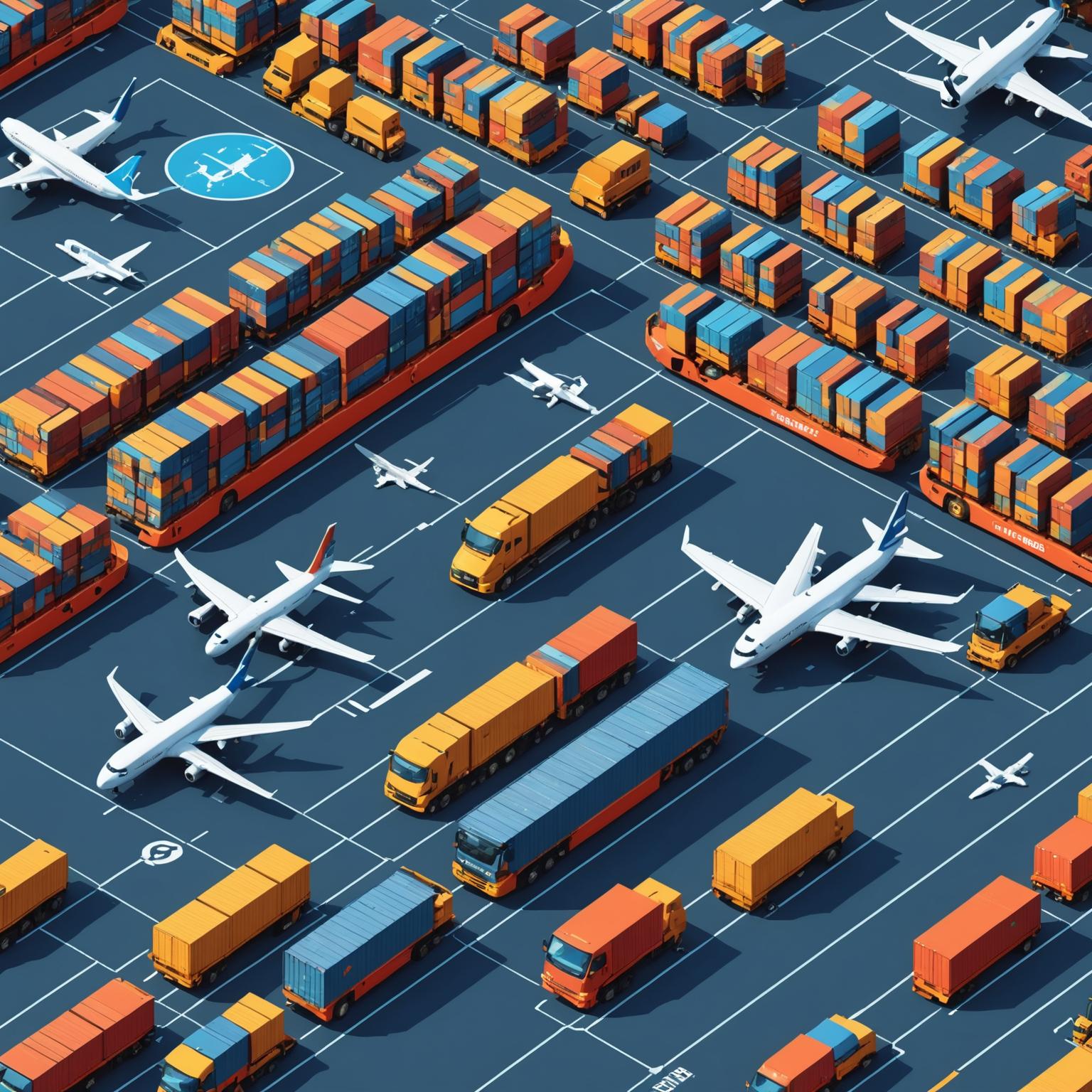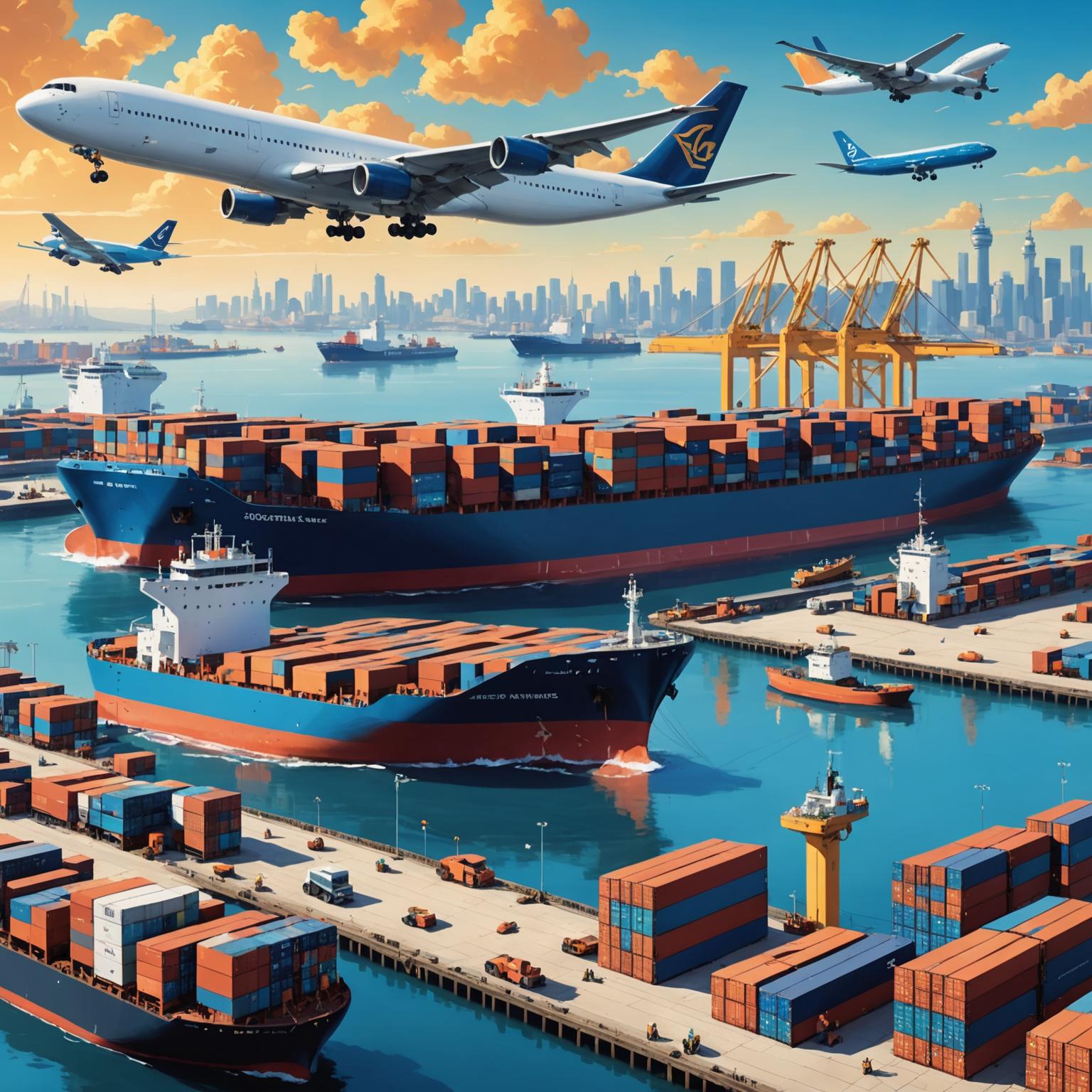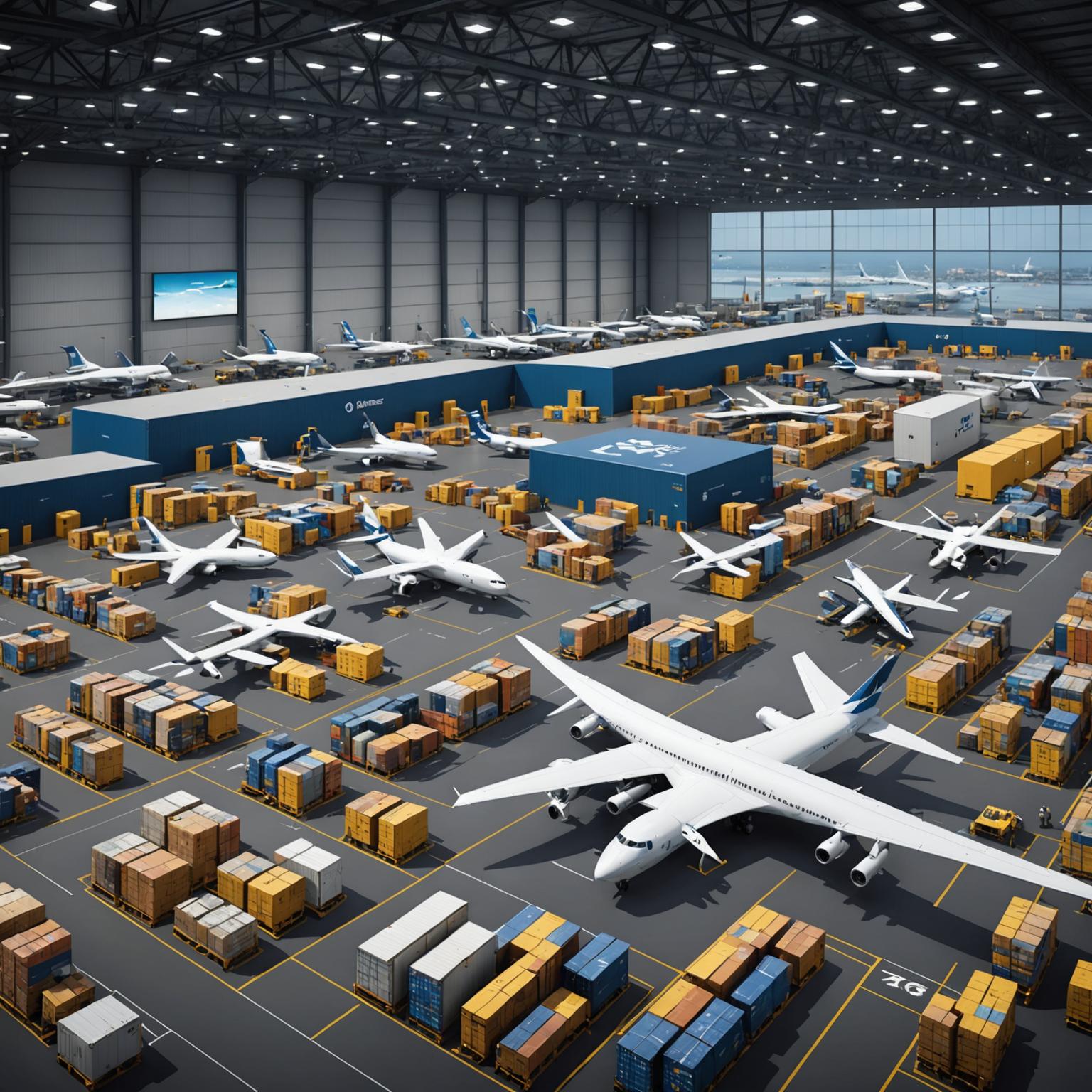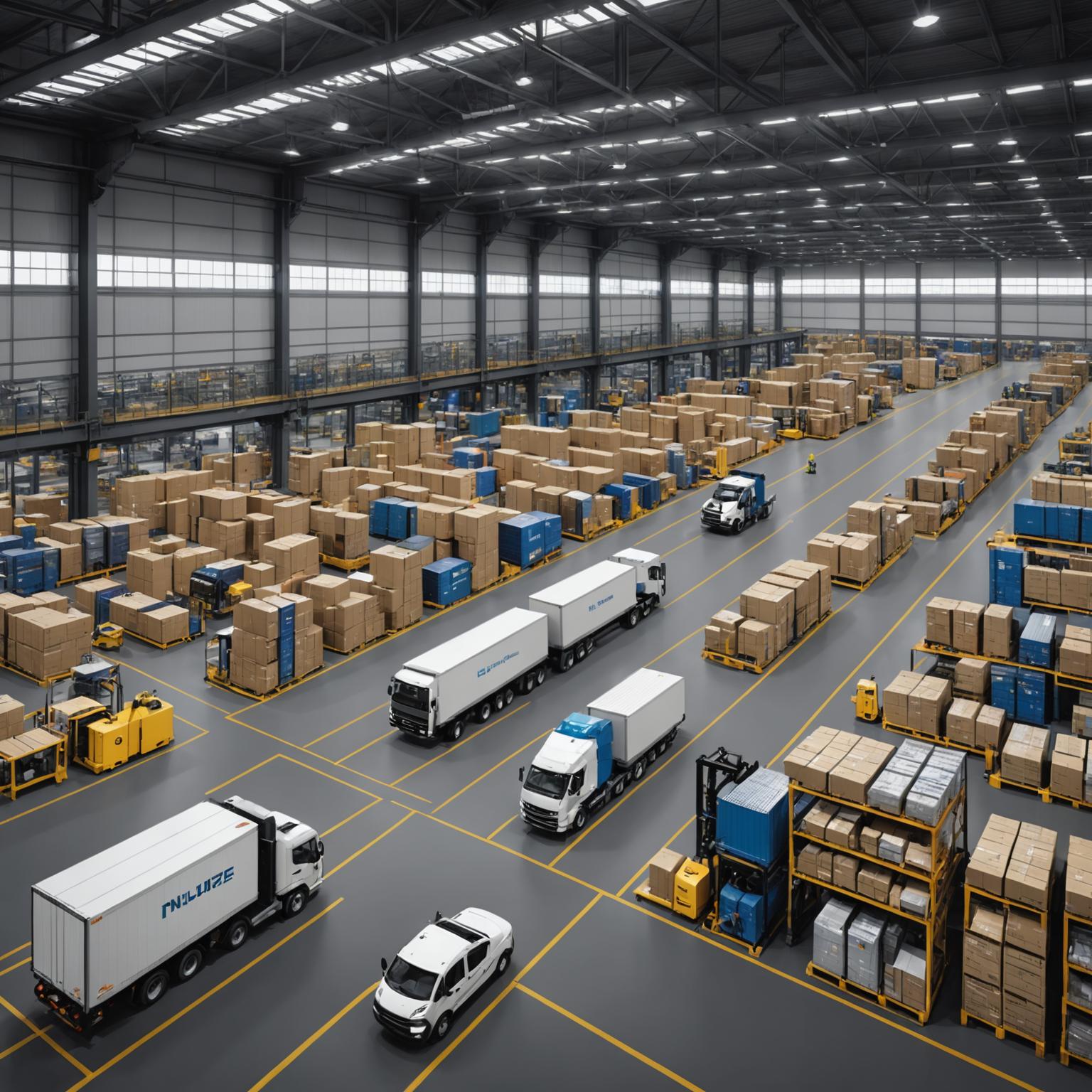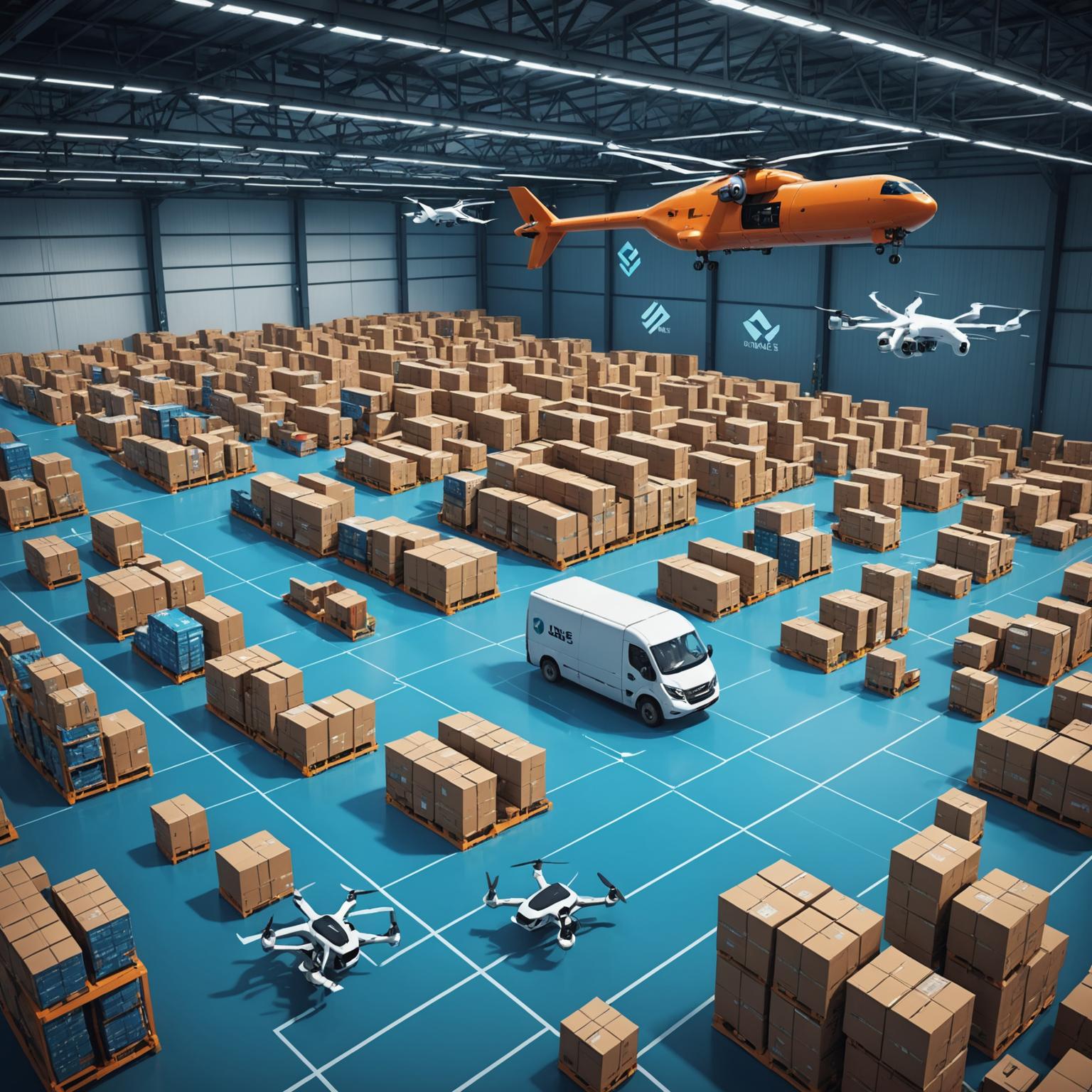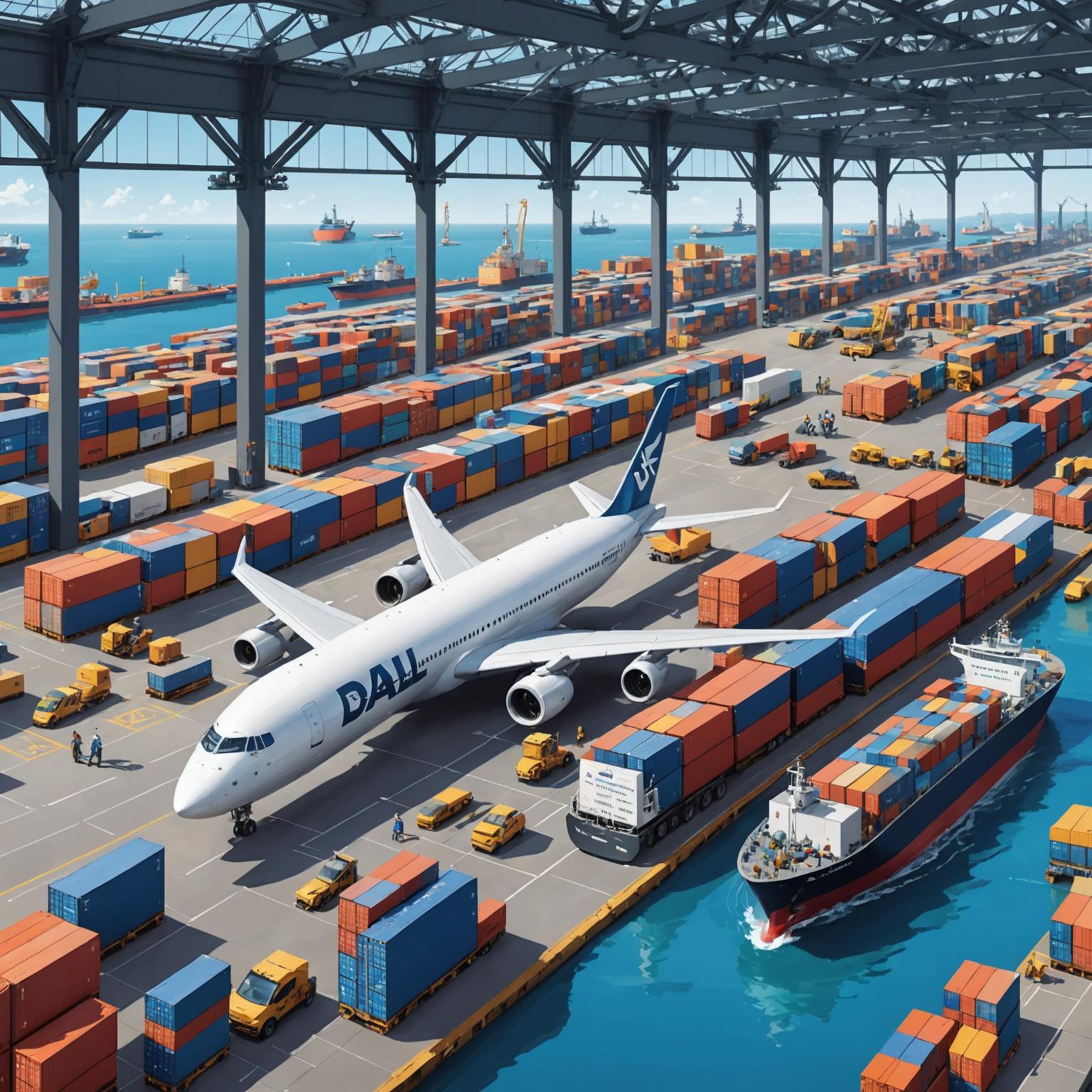Navigating the Modern Commerce Landscape
In today's interconnected world, the efficiency and reliability of your supply chain are paramount to success. The field of international logistics has evolved into a highly complex ecosystem, requiring a sophisticated blend of technology, strategy, and seamless execution. For businesses looking to scale and compete on a worldwide stage, mastering Global logistics is not just an advantage; it's a necessity. It involves the intricate coordination of goods, information, and resources across multiple borders, ensuring that products move from origin to destination swiftly and securely, meeting the demands of a fast-paced global market.
The Power of Integrated Transport Solutions
At the heart of a successful global strategy lies the seamless integration of various transportation modes. A truly dynamic logistics solution combines the distinct advantages of air, land, and sea transport into a cohesive, efficient network. This intermodal approach breaks down the silos that often create delays and increase costs. By harmonizing Air transportation for speed, sea transportation for volume, and ground transport for final-mile delivery, businesses can achieve an unprecedented level of flexibility and reliability. This synergy forms a powerful ecosystem that redefines the boundaries of what's possible in supply chain management, ensuring your cargo has the optimal path to its destination, regardless of the distance or complexity involved.
Revolutionizing Air and Sea Transportation
To meet the diverse needs of modern commerce, specialized transport solutions are key. For time-sensitive and high-value cargo, Air transportation offers unparalleled speed and precision. Sleek, modern cargo aircraft take your goods above the traditional shipping lanes, guaranteeing punctuality and minimizing transit time. On the other hand, for bulk shipments and large-scale operations, sea transportation remains the backbone of international trade. Massive, high-capacity shipping vessels equipped with energy-efficient designs can move vast quantities of goods across oceans, providing a cost-effective and dependable solution for even the most demanding shipments. Together, a a balanced use of these two modes gives any business a strategic edge.
The Technological Core of Modern Logistics
True excellence in international logistics extends beyond the journey itself and into the very heart of the operation: the warehouse. The future of inventory management is here, powered by state-of-the-art automated shelving systems and advanced tracking technologies. Towering racks equipped with RFID and IoT-enabled sensors allow for real-time inventory monitoring, eliminating guesswork and maximizing storage density. These smart warehouses are designed for precision and speed, with integrated conveyor systems that streamline order dispatches for rapid fulfillment, creating a solid foundation for any successful Global logistics operation.
Empowering the Connected Workforce
Technology not only optimizes systems but also empowers people. The concept of a 'Connected Workforce' transforms warehouse operations by equipping staff with cutting-edge tools. Workers using digital tablets receive up-to-the-minute data, routing them with pinpoint accuracy for picking and packing tasks. Furthermore, smart helmets with augmented reality Heads-Up Displays (HUD) provide visual instructions directly in their line of sight, allowing them to perform tasks with greater speed and fewer errors. This human-machine collaboration is crucial for navigating the complexities of a modern distribution center and maintaining a high-performance supply chain.

